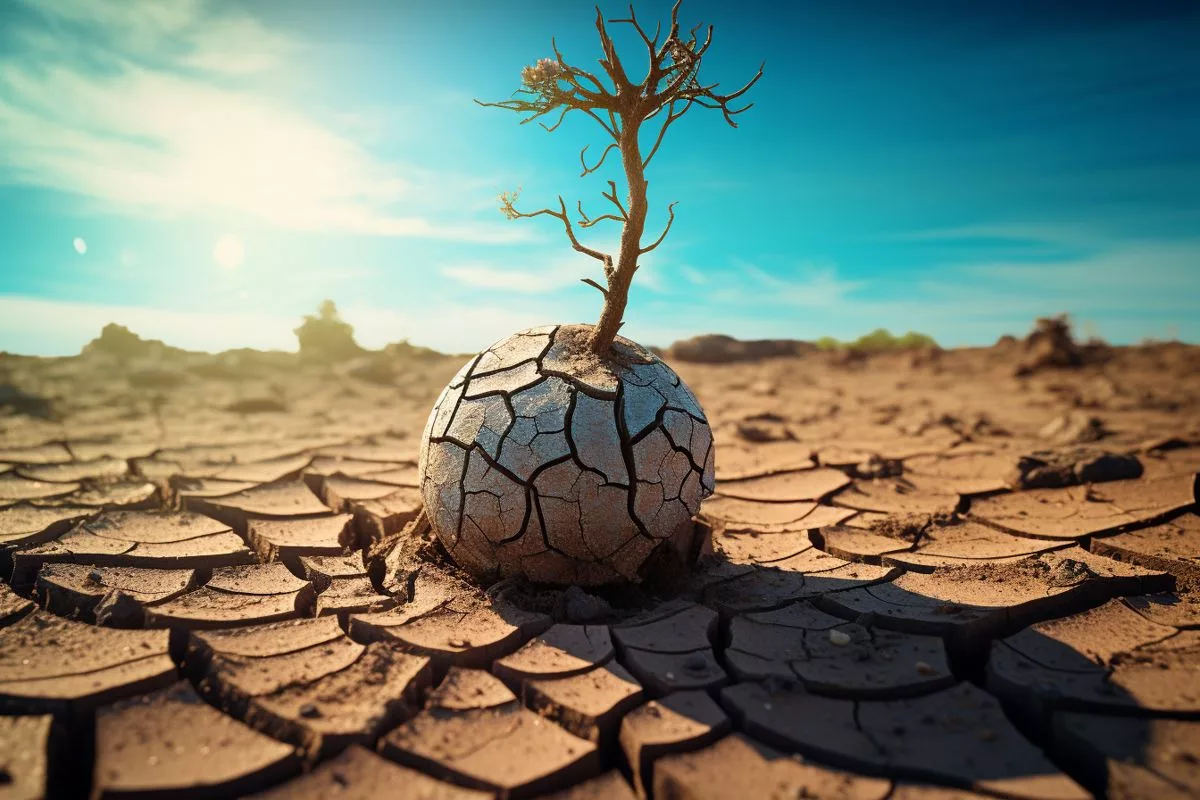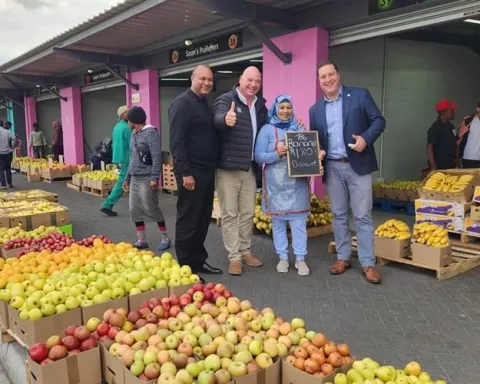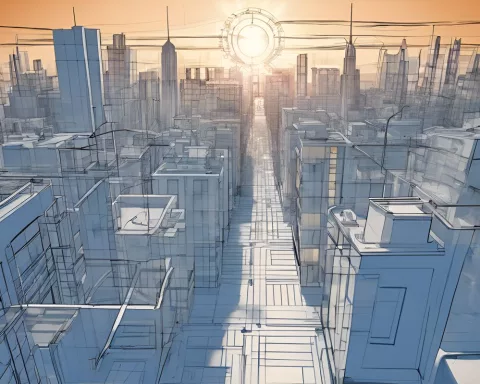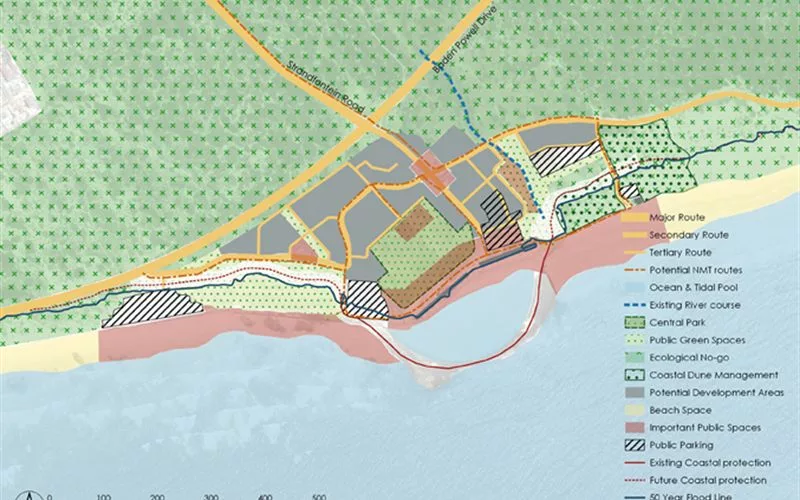South Africa is facing a water quality crisis as almost half of its potable water does not meet microbiological standards for human consumption, according to the Department of Water and Sanitation’s Blue Drop Report. The report covers all 958 water supply systems across the nation’s 144 water services authorities, highlighting the urgent need for a sturdy infrastructure to support water supply. The report also indicates a significant decline in water quality over the past ten years, with the Northern Cape standing in a particularly bleak position. Immediate action is needed to address this issue and ensure a water-secure future for the country.
What is the state of water quality in South Africa?
Almost half of South Africa’s potable water does not meet microbiological water quality standards for human consumption, according to the Department of Water and Sanitation’s Blue Drop Report. The report covers all 958 water supply systems across the nation’s 144 water services authorities. The report highlights the urgent need for a sturdy infrastructure to support water supply.
Alarming State of South Africa’s Water
Consider this scenario: South Africa, a country plagued by drought, stands on the precipice of a severe water shortage. This scene is not a figment of fiction but a distressing reality depicted in the Department of Water and Sanitation’s (DWS) recent Blue Drop Report.
The report, publicly disclosed on Tuesday, highlights an unsettling truth. Almost half of South Africa’s potable water does not fit for human consumption. The study carried out an exhaustive examination of every drinking water supply network in the country. According to this comprehensive assessment, 46% of water quality analyses conducted by municipalities in 2021 and 2022 did not meet the required microbiological water quality standards.
The revelation of the Blue Drop Report was overseen by Water and Sanitation Minister Senzo Mchunu. The minister drew attention to more than just the poor state of water quality. He also highlighted the desperate need for a sturdy infrastructure to support water supply.
Detailed Investigation into South Africa’s Deteriorating Water Quality
The report’s investigative sweep was extensive, covering all 958 water supply systems (WSS) across the nation’s 144 water services authorities (WSA). The results of the investigation were nothing short of alarming. Water quality tests conducted in the fiscal year 2021/2022 showed that a shocking 46% of the examined water demonstrated poor or insufficient microbiological water quality.
But this distressing disclosure is merely a fraction of a much larger and more disheartening problem. As pointed out by the DWS’s director-general, Dr Sean Phillips, there has been a significant deterioration in water quality over the past ten years. In stark contrast to the current state, the percentage of substandard microbiological water quality was a mere 5% just seven years ago in 2014.
A worrying decline in potable water quality and a corresponding increase in non-revenue water has been documented by the Blue and No Drop Reports. The Green Drop Progress Assessment Report, which is interconnected, also indicated a decline in the performance of municipal wastewater treatment systems.
Provincial Differences and the Need for Immediate Action
When considering the provinces, the Northern Cape stands in a particularly bleak position. Nearly 90% of its drinking water was classified as of poor or inferior quality. In contrast, Gauteng led the pack, with an impressive 62% of its drinking water systems showing excellent or good performance. The Western Cape followed closely behind, with 50% of its systems performing well.
The water quality crisis, as depicted by the Blue Drop Report, cannot be ignored. This report acts as a clarion call for immediate and serious attention. Despite the bleak findings, the report also offers a chance to confront these issues directly. After all, the subject here is not merely water drops. It pertains to the very essence of our communities, our health, and our future.
Thus, as we navigate the streets of Cape Town or cross the extensive landscapes of Gauteng, we must not forget our shared responsibility. We need to keep the urgency of the situation at the forefront of our minds and use this awareness to drive our quest for sustainable solutions. Amid challenges lies the chance for transformation. It is this opportunity that South Africa must grasp to ensure a water-secure future.
1. What is the Blue Drop Report and what does it reveal about South Africa’s water quality?
The Blue Drop Report is a comprehensive assessment of every drinking water supply network in South Africa conducted by the Department of Water and Sanitation. The report reveals that almost half of South Africa’s potable water does not meet microbiological water quality standards for human consumption.
2. What is the current state of water quality in South Africa?
South Africa is facing a water quality crisis, with almost half of its potable water not meeting microbiological water quality standards for human consumption. The situation is urgent and requires immediate action to ensure a water-secure future for the country.
3. What is the extent of the investigation carried out by the Blue Drop Report?
The Blue Drop Report investigated all 958 water supply systems across the nation’s 144 water services authorities. The investigation revealed a significant decline in water quality over the past ten years, with a shocking 46% of the examined water demonstrating poor or insufficient microbiological water quality.
4. Which province in South Africa is in a particularly bleak position when it comes to water quality?
The Northern Cape stands in a particularly bleak position, with nearly 90% of its drinking water being classified as poor or inferior quality.
5. What is the need for a sturdy infrastructure to support water supply in South Africa?
The Blue Drop Report highlights the urgent need for a sturdy infrastructure to support water supply in South Africa. Without it, the country will face severe water shortages, and the water quality crisis will continue to worsen.
6. What is the shared responsibility of South Africans in addressing the water quality crisis?
As South Africans, we have a shared responsibility to address the water quality crisis by prioritizing sustainable solutions and keeping the urgency of the situation in mind. By doing so, we can ensure a water-secure future for the country and safeguard our communities’ health and well-being.











